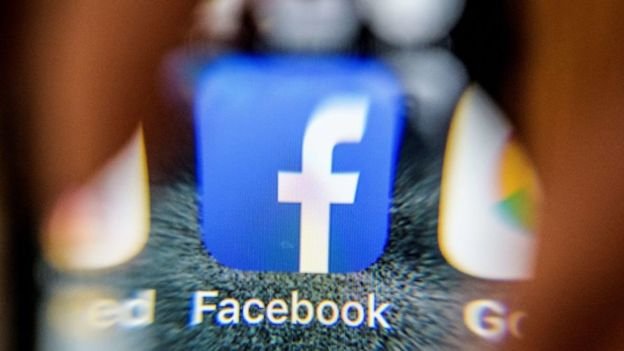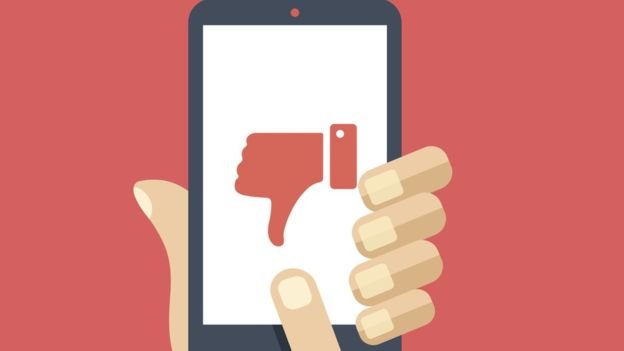The crisis that plagues Facebook after the Cambridge Analytica scandal generated distrust and mistrust in several countries, but one in particular has announced that it will block the social network for a month.

Facebook is the most used social network in the whole world. But, after the massive filtration of data carried out by the consultant Cambridge Analytica and the scandals of diffusion of false news, are several the countries and institutions that see it with distrust.
A week ago Mark Zuckerberg, its founder and executive director, apologized to the European Parliament, barely a month after doing so before the United States Congress.
And while the institutions of Western nations are taking up the issue, a remote country in Oceania has decided something more radical: completely block the platform for 30 days to try to create its own.
The Minister of Communication and Information Technologies of Papua New Guinea, Sam Basil, announced on Tuesday that the country will block Facebook for a month to bring to Cambo a thorough investigation on its use.
According to Basil, the closure will allow his department and the National Research Institute to analyze how the social network is used by Internet users.
"This time will allow gathering information to identify, filter and eliminate users who hide behind false accounts, upload pornographic images and publish false and misleading information on Facebook," the minister explained.
"I will work closely with the police to be properly trained and informed and apply the cybercrime act," he added.
Some defenders of freedom of expression consider the measures announced by the government as an attempt to silence criticism from the opposition.
Aim Sinpeng, an expert in digital media at the University of Sydney, in Australia, told the British newspaper The Guardian that Facebook's ban in Papua New Guinea raises worrying questions, because when the social network has been banned in other countries it has usually been before of elections.
"One month is an interesting time limit for a ban, I do not know what they think they can get and why they think it is necessary, you can do an analysis of the social network without banning it, what information will the government collect? the false news there are many ways to face them without forbidding a platform, "said the expert.
"More propitious"
Sam Basil suggested that the country plans to create its own social network.
"We will also value the possibility of creating a social network for the citizens of Papua New Guinea to use authentic profiles."
"If necessary, we will meet with the developers of our local applications to create a site that is more conducive for citizens to communicate within their country and abroad," said the minister.
Basil said that he has not yet defined a term in which this new social network would be implemented, but that it would depend on its evaluation over time.
Although only 10% of the inhabitants of Papua New Guinea have access to the internet, the nation of Oceania is quite proactive in regulating their online services.
The government hopes that Facebook's blockade -whose start-up date it did not specify- allows it to take action against those who use it improperly, according to the law against cybercrimes that it implemented in 2016.
False News

The increase in false news has become a major problem in several parts of the world, including the oceanic island.
In February, a fictional story distributed through the social network caused the death of an innocent man, whom they accused of witchcraft and having cursed a popular sportsman. An enraged mass killed him days later.
According to Facebook, the social network has between 600,000 and 700,000 users in Papua New Guinea.